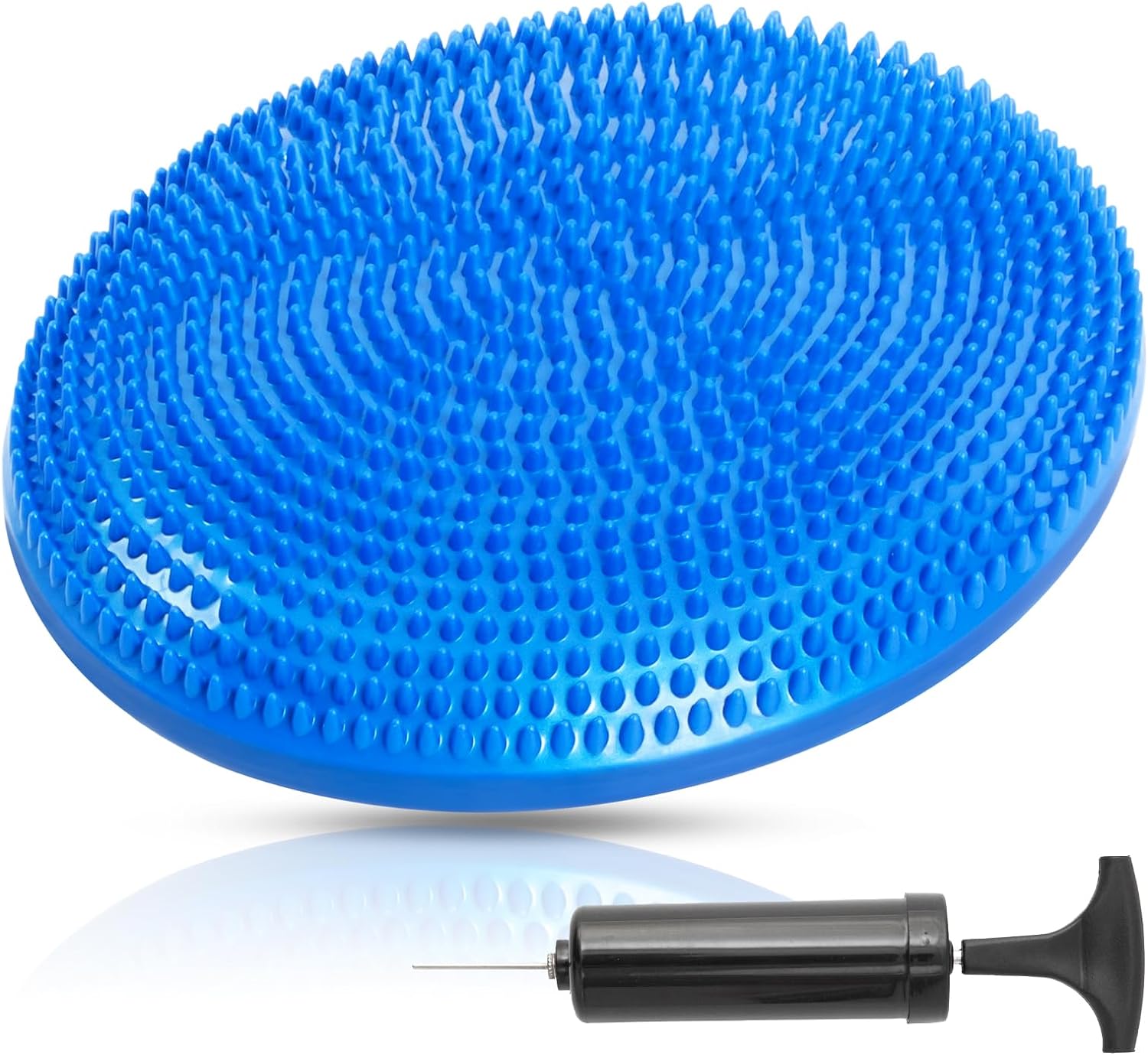Eating a well-balanced diet is important at any age, but it becomes even more critical as you grow older. Seniors, in particular, need to pay close attention to their dietary choices to maintain health, strength, and vitality. In this comprehensive guide, we will explore the science and necessity behind balanced diets for seniors, and how proper nutrition can vastly improve their quality of life.
Understanding the unique nutritional needs of seniors is crucial for maintaining physical health, mental well-being, and independence. With that said, a balanced diet not only serves as the foundation for good health but also is a critical component in managing chronic diseases prevalent among older adults.
Nutrient Requirements for Seniors
The caloric needs of seniors may decrease due to a more sedentary lifestyle; however, their nutrient needs remain as high as, if not higher than, those of younger adults. Essential nutrients for seniors include calcium and Vitamin D for bone health, B vitamins for energy and cell repair, and fiber for digestive function.
Protein
Older adults need sufficient high-quality protein to maintain muscle mass, repair tissues, and support immune function. Lean meats, poultry, fish, eggs, and plant-based proteins such as beans and legumes are excellent sources.
Vitamins and Minerals
Vitamins A, C, D, E, as well as B vitamins, are essential for eye health, skin integrity, immune function, and the prevention of anemia. Minerals like calcium, potassium, and magnesium support bone health and cardiovascular function.
Fats
Healthy fats, such as those found in olive oil, avocado, nuts, and seeds, are necessary for brain health and energy.
Carbohydrates
Whole grains, fruits, and vegetables provide the necessary carbohydrates for energy along with essential nutrients and fiber for bowel health.
Balancing the Diet with Portion Control
For older adults, balancing meals with appropriate portion sizes is key to obtain the necessary nutrients without overeating. This means consuming a varied diet that includes plenty of fruits and vegetables, whole grains, lean proteins, and dairy or dairy alternatives.
Health Benefits of a Balanced Diet
- Weight Maintenance: A balanced diet helps in maintaining a healthy weight, which is vital for minimizing the risk of obesity-related conditions like diabetes and heart disease.
- Improved Digestive Health: Dietary fiber prevents constipation and promotes gut health.
- Enhanced Cognitive Function: Nutrient-rich foods support brain health and may reduce the risk of cognitive decline.
- Bone Strength: Maintaining bone health through adequate intake of calcium and Vitamin D can prevent fractures and osteoporosis.
- Immune System Support: A diet rich in fruits, vegetables, and lean proteins provides antioxidants and nutrients to fight off infections.
- Management of Chronic Diseases: Conditions such as diabetes, heart disease, and hypertension can be better managed with a balanced diet.
Implementing Balanced Diet Benefits for Seniors
Practical Tips for a Balanced Diet
- Eat a variety of foods to ensure you get a range of nutrients.
- Plan meals around vegetables, aiming for at least five servings per day.
- Choose whole-grain bread and cereals over refined products.
- Include good sources of protein at every meal and snack.
- Select low-fat or fat-free dairy products or lactose-free alternatives.
- Cook with healthy fats, keeping an eye on the portions.
- Stay hydrated by drinking plenty of water throughout the day.
- Limit salt, sugar, and high-sodium processed foods to help prevent hypertension and control blood sugar levels.
Enjoy meals with family and friends as often as possible.
Overcoming Challenges
Seniors often face obstacles to eating well, such as a decreased sense of taste, difficulty chewing, or a lack of interest in cooking meals for one. Addressing these challenges is crucial:
- Enhance flavors with spices and herbs rather than salt, to compensate for any loss of taste.
- Prepare soft foods or use a blender if chewing is difficult.
- Cook in bulk and freeze portions for days when cooking isn’t appealing.
Conclusion
For seniors, a balanced diet is not an option but a necessity for living a full and healthy life. With the right approach to nutrition, the golden years can truly be a time of wellness and vitality.
By incorporating a diversity of foods and adhering to recommended portion sizes, seniors can meet their nutritional needs and enjoy the immense benefits that come with a balanced diet. Remember, it’s never too late to improve your eating habits, and with each meal, you have the opportunity to enhance your health.
Remember to check with your healthcare provider before making any significant changes to your diet, especially if you have an existing health condition or are taking medication that may interact with certain foods.
5 Key Takeaways
- Nutrients over Calories: Focus on nutrient-dense foods rather than calorie-dense options.
- Variety is Vital: Incorporate a range of foods in your diet to ensure all nutrient needs are met.
- Hydration Helps: Drink plenty of fluids, primarily water, to maintain hydration levels.
- Mindful Eating: Practice portion control and mindful eating to enjoy your meals thoroughly.
- Seek Support if Needed: If faced with challenges, seek help from dietitians, caregivers, or community programs.
By reading and implementing these strategies, seniors can significantly impact their overall wellness, enhance their quality of life, and enjoy a healthier, balanced diet that nourishes both body and mind.+






























